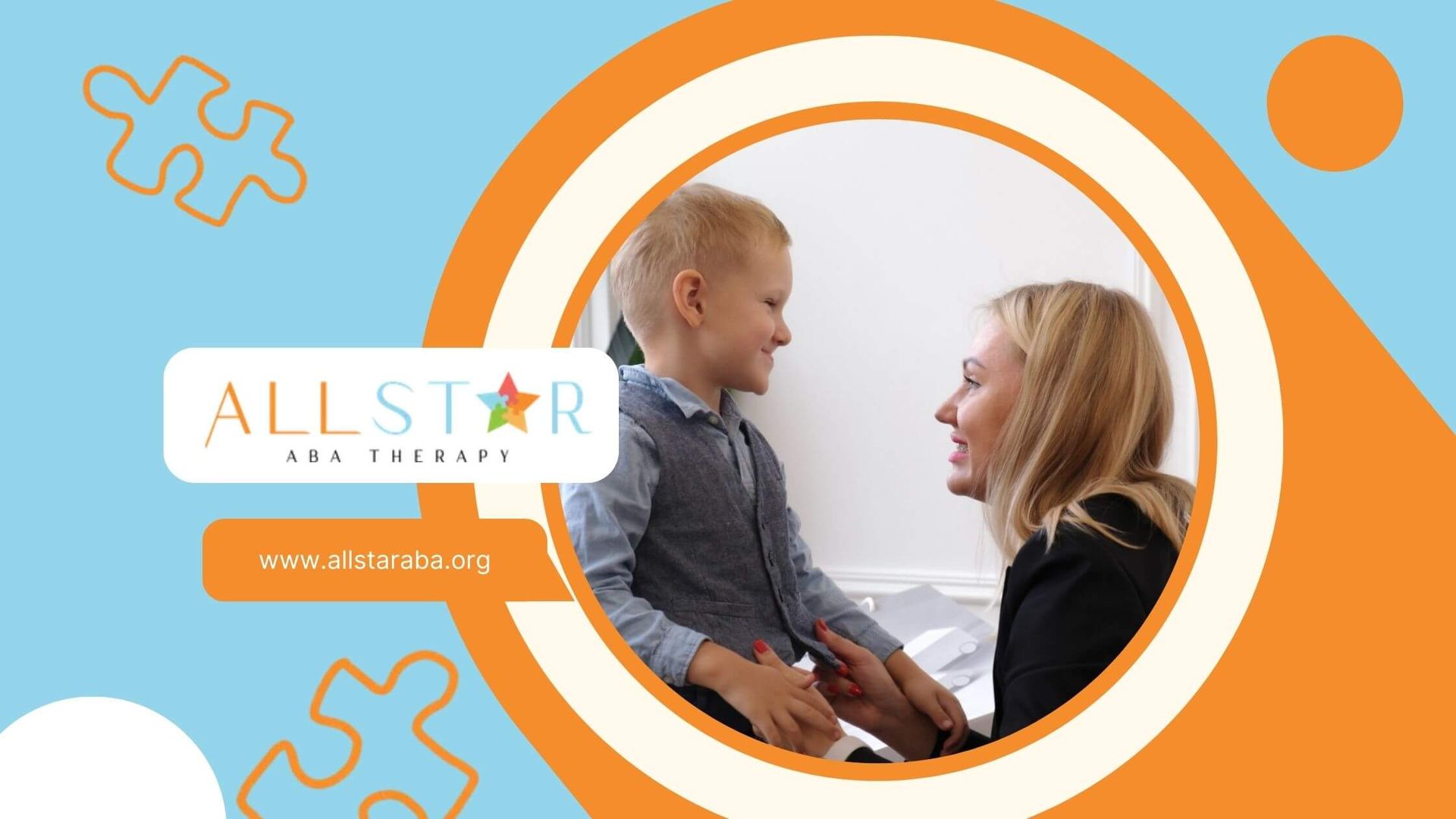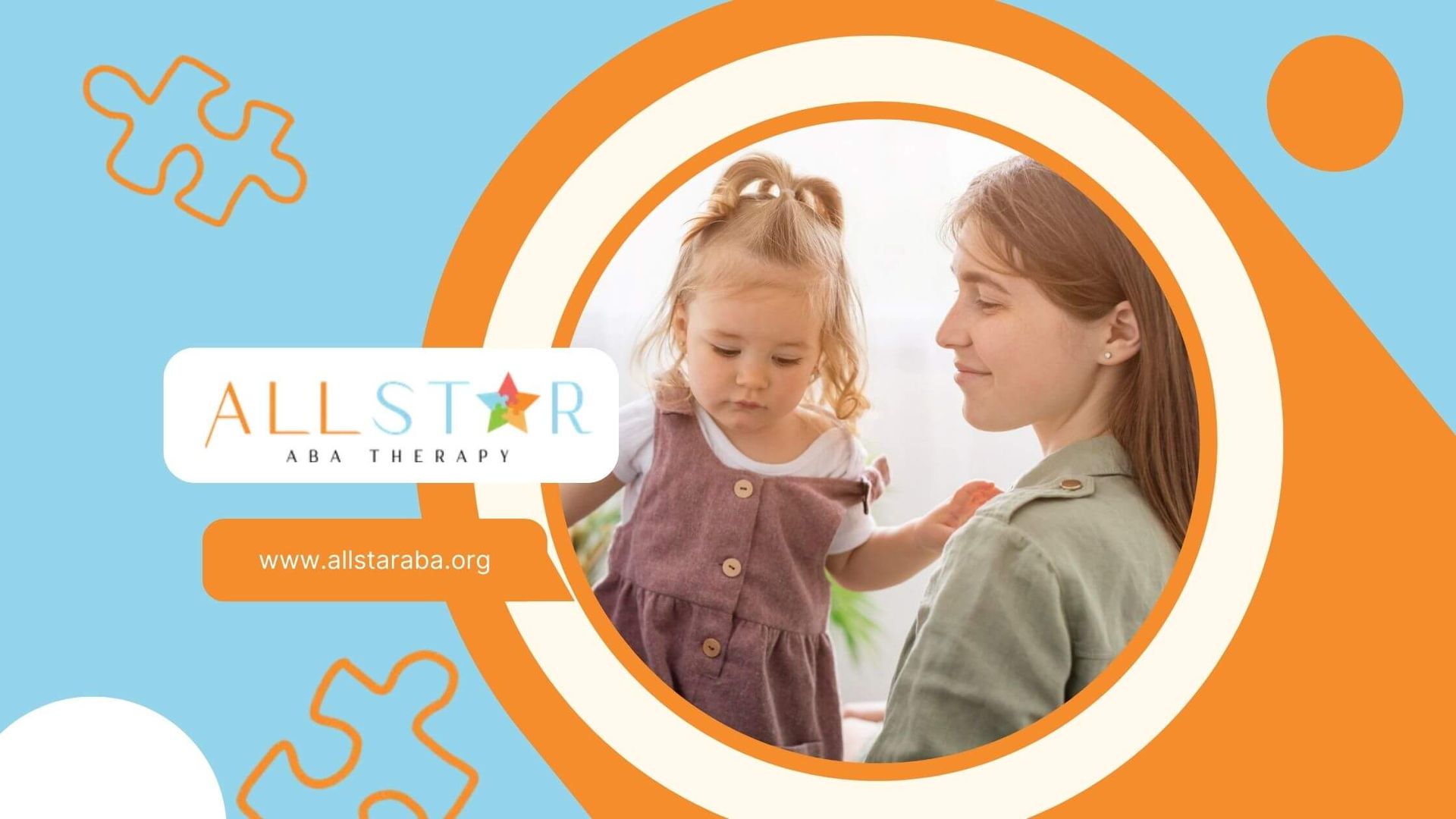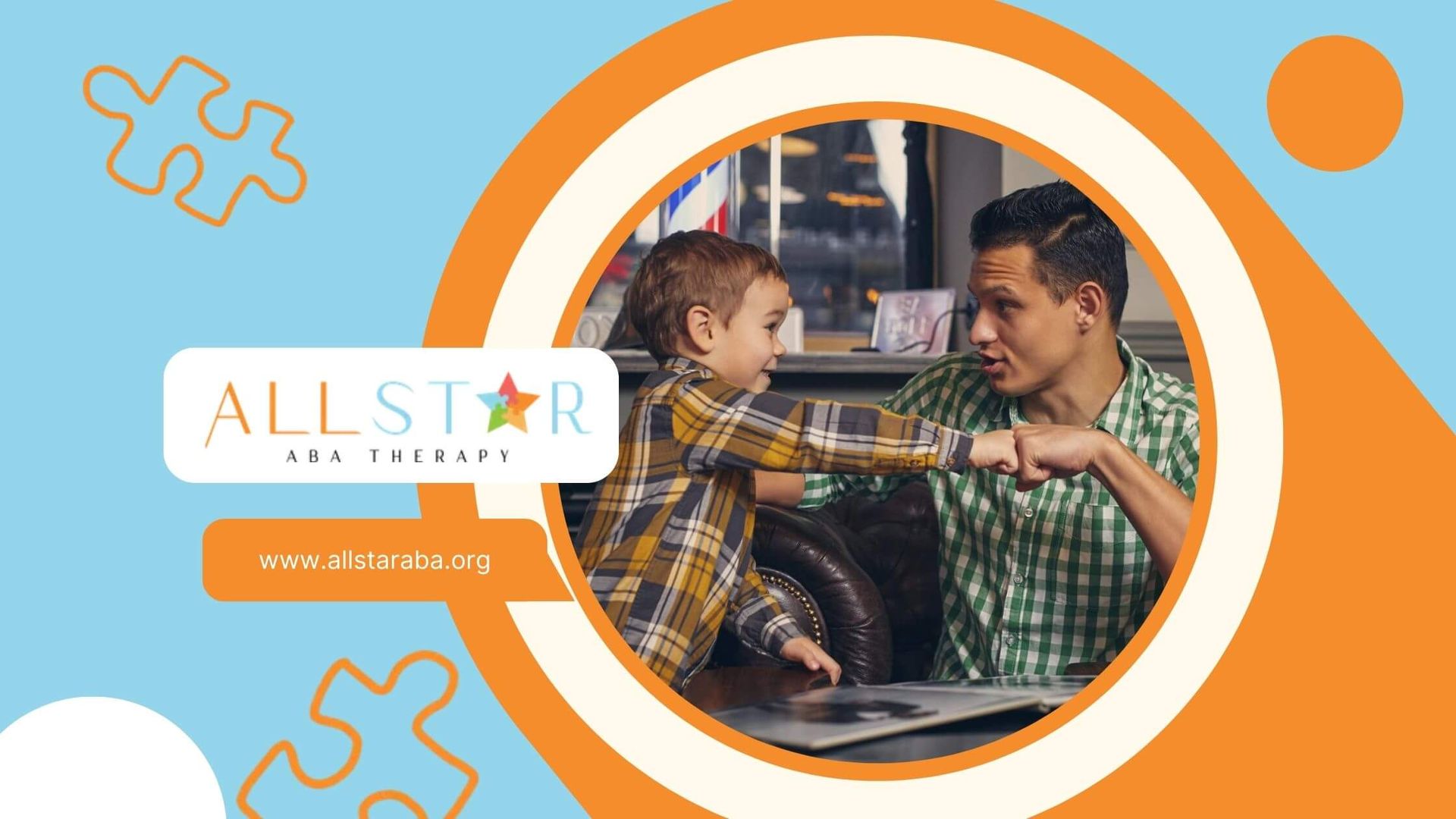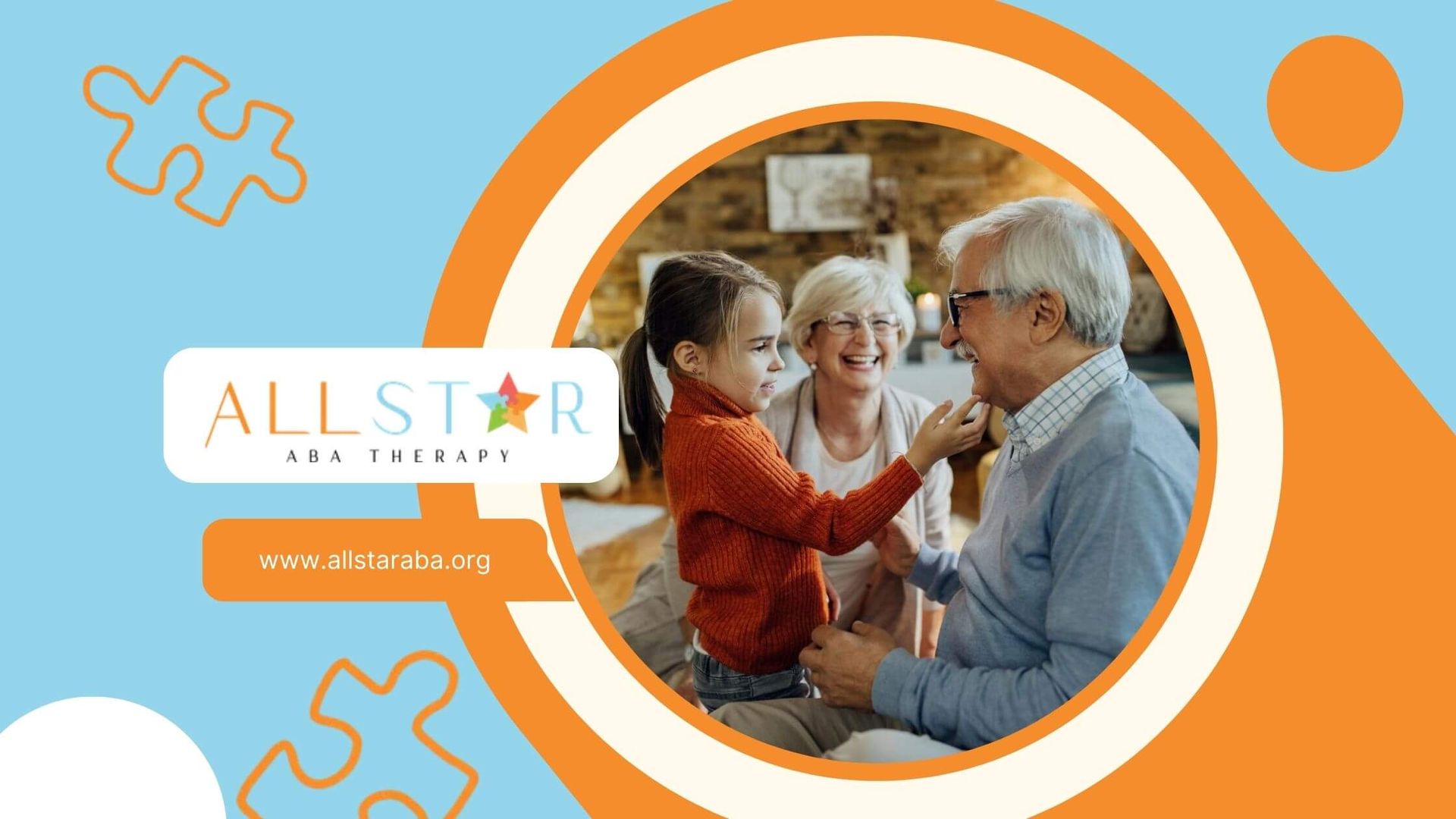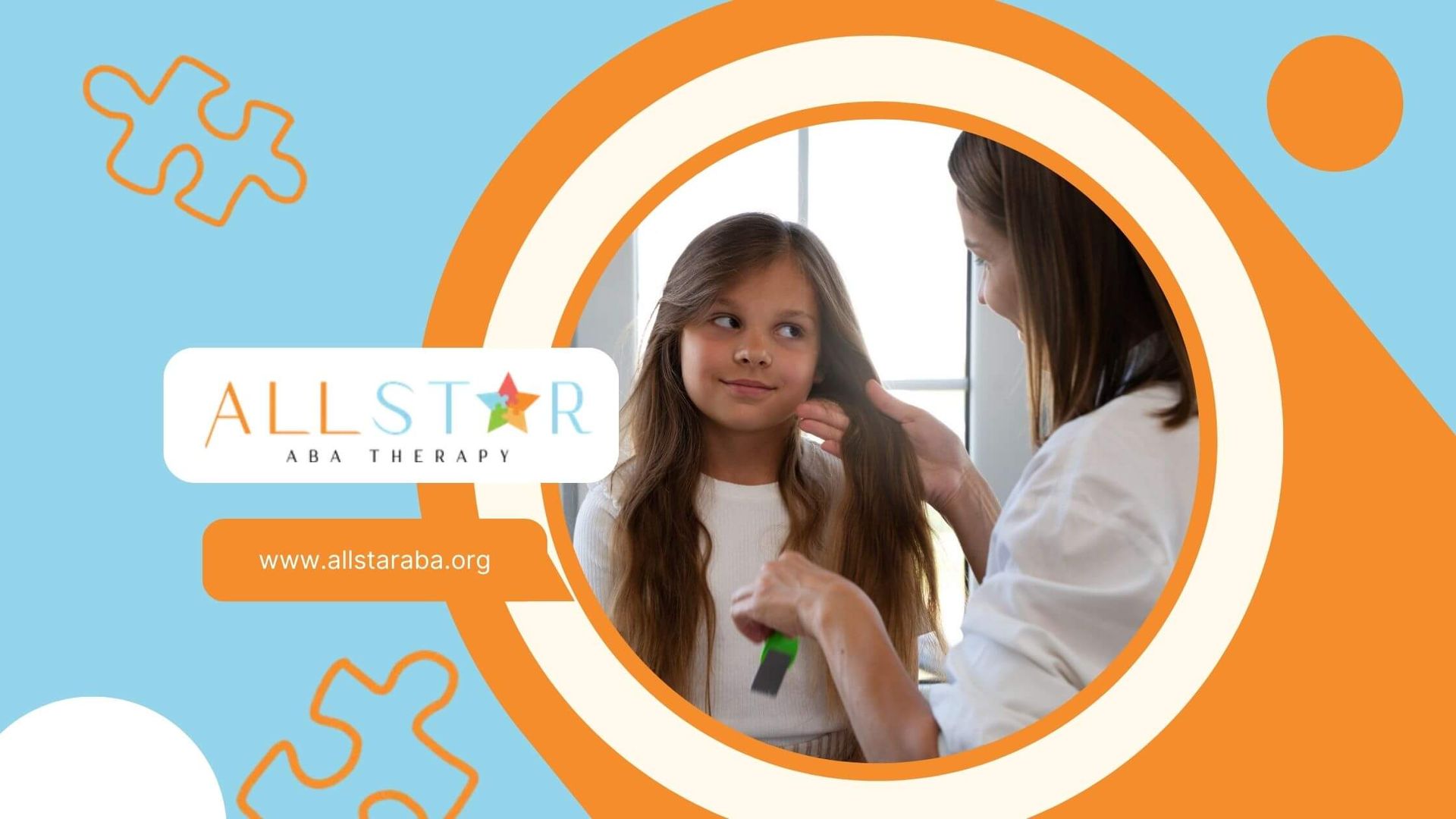New Paragraph
Understanding the Truth About Vaccines and Autism
Understanding Autism Spectrum Disorder
Autism Spectrum Disorder (ASD) is a complex developmental condition that involves persistent challenges in social interaction, speech, and nonverbal communication, along with restricted/repetitive behaviors. The effects of ASD and the severity of symptoms are different in each person.
Overview of ASD
ASD is a broad range of conditions characterized by challenges with social skills, repetitive behaviors, speech, and nonverbal communication. According to the Centers for Disease Control, autism affects an estimated 1 in 54 children in the United States today. The spectrum refers to the wide variation in challenges and strengths possessed by each person with autism.
The signs of ASD are typically recognized during early childhood and affect daily functioning. The learning, thinking, and problem-solving abilities of people with autism can range from gifted to severely challenged. Some individuals with ASD require significant support in their daily lives, while others may live independently.
Genetic Basis of Autism
Research has provided strong evidence for the genetic basis of autism. Studies indicate that approximately 60% of identical twins are both being diagnosed with autism, which is significantly higher than the 0% in fraternal twins when one twin has been diagnosed. These rates rise to approximately 92% in identical twins and around 10% in fraternal twins when a broader definition of autism is used, underscoring the influence of genetics.
| Twin Type | Concordance Rate for Narrow Definition of ASD | Concordance Rate for Broader Definition of ASD |
|---|---|---|
| Identical Twins | 60% | 92% |
| Fraternal Twins | 0% | 10% |
Studies examining early childhood development through home movies of children who were eventually diagnosed with autism have found that subtle symptoms of autism can be present earlier than some parents recognize. Moreover, the onset of autism symptoms did not correlate with the timing of the MMR vaccine, suggesting that autism develops during early infancy and is not caused by vaccines.
It is important to continue exploring the causes of autism, which may include genetic factors, environmental factors, and their interactions. Researchers are also investigating the possibility of a connection between maternal age and autism, the autism and gut microbiome link, and the role of epigenetics and autism. These areas of study are crucial for understanding ASD in its entirety and for developing effective interventions and support systems for individuals on the spectrum.
Debunking Vaccine Myths
Misconceptions about vaccines and autism have caused significant public concern. Here we address two of the most widespread myths to help clarify the facts.
The MMR Vaccine Controversy
The controversy surrounding the MMR (measles, mumps, and rubella) vaccine and autism is rooted in a study published by Dr. Andrew Wakefield in 1998, which has since been discredited. The study suggested a link between the vaccine and the development of autism. However, extensive research following this publication has consistently shown no causal relationship between the MMR vaccine and autism.
The hypothesis proposed by Wakefield—that the measles virus in the MMR vaccine triggers inflammatory lesions in the colon, disrupting its permeability and causing autism—has been thoroughly debunked by scientific evidence. Subsequent studies involving large populations have found no evidence to support this claim. Moreover, the Wakefield report was officially retracted, and his medical license was revoked due to ethical violations and falsified data.
Despite the overwhelming evidence refuting the connection, the alleged association between the MMR vaccine and autism persists in the public's mind. Efforts to break this link through educational means were mostly unsuccessful, highlighting the challenge of changing public perceptions even in the face of strong scientific consensus.
Thimerosal and Autism
Another common myth is the claim that thimerosal, a mercury-based preservative once used in some vaccines, is linked to autism. However, scientific studies have not found any credible evidence supporting this claim. Thimerosal has been removed or reduced to trace amounts in all childhood vaccines in the United States, with the exception of some flu vaccines, as a precautionary measure. Yet, the rates of autism have continued to rise, further discrediting the hypothesis that thimerosal is a causative factor in the development of autism.
It's important to recognize that the anti-vaccine movement is part of a larger trend of discontent and distrust in the pre-eminence of scientific evidence over impressions and opinions. This movement has contributed to vaccine hesitancy and a decrease in vaccination rates, posing a risk to public health.
Understanding the truth about vaccines and autism is crucial for protecting children's health. Vaccines are a vital part of public health initiatives and have been proven safe and effective in preventing serious diseases. Families and individuals can find more in-depth information on the causes of autism, maternal age and autism, autism and gut microbiome, and epigenetics and autism by exploring our other resources.
Scientific Evidence and Studies
The relationship between vaccines and autism has been a topic of intense debate and scrutiny. This section will review scientific studies addressing the concerns about the Measles, Mumps, and Rubella (MMR) vaccine and the use of thimerosal in vaccines, providing evidence to dispel myths surrounding vaccines and autism.
Studies on MMR Vaccine and Autism
The hypothesis that the MMR vaccine could trigger autism has been extensively studied. Early concerns were based on the Wakefield report, which suggested a link between the vaccine and the condition. However, this report was subsequently discredited and retracted, with multiple studies disproving any direct connection between the MMR vaccine and autism spectrum disorder.
A 2019 study by DeStefano and Shimabukuro, along with a 2014 study by Taylor et al., conducted thorough meta-analyses and reviews of scientific literature and concluded that there is no association between the MMR vaccine and autism. Additionally, a 2004 report by the Institute of Medicine titled "Immunization Safety Review: Vaccines and Autism" found no evidence to support a link between vaccines and autism.
Despite the overwhelming scientific evidence, the alleged association persists in public opinion, often fueled by cognitive bias and the spread of misinformation. Efforts to educate and break the mythological link between the MMR vaccine and autism have faced challenges as individuals who are hesitant about vaccines tend to seek confirmatory evidence that supports their preconceived notions.
Thimerosal in Vaccines
Thimerosal, a preservative that contains mercury, has also been at the center of vaccine-autism controversies. The concern that thimerosal exposure through vaccination could lead to autism has been investigated and subsequently disproven. The amount of mercury individuals are exposed to in vaccines is minimal and not comparable to the ingestion of mercury through contaminated food sources.
Scientific research, including a meta-analysis of case-control and cohort studies conducted in 2014, provides additional evidence against the correlation between thimerosal in vaccines and autism spectrum disorder. These findings reinforce the position that thimerosal-containing vaccines do not increase the risk of autism.
Understanding the scientific consensus and evidence is critical for parents and caregivers making decisions about vaccinating their children. It is also vital for professionals, including ABA therapists, educators, and school personnel, to communicate accurate information about the causes of autism and the safety of vaccines. Addressing misinformation and ensuring trust in scientific evidence are essential steps in protecting community health through vaccination. Additional research on the genetic factors in autism, maternal age, and the autism and gut microbiome continues to offer insights into the complex causes of autism spectrum disorder.
Impact of Anti-Vaccine Movements
The controversial debate surrounding vaccines and autism has led to the emergence of anti-vaccine movements. These movements have had a significant impact on public health, leading to increased mistrust in scientific evidence and challenges in vaccine communication.
Distrust in Scientific Evidence
The anti-vaccine movement is part of a larger trend of discontent and skepticism towards the authority of scientific evidence. Despite the overwhelming consensus among experts about the safety of vaccines, a segment of the population continues to question their validity. This skepticism can be attributed to the democratization of health-related decision-making, where individuals are inclined to trust personal experiences or the opinions of their social groups over established scientific facts.
One of the most persistent beliefs fueling this distrust is the alleged association between the MMR (measles, mumps, and rubella) vaccine and autism. The belief persists despite numerous studies and extensive research indicating no causal link, which is part of the broader causes of autism discourse. Such myths are often based on misinterpretation of causality, cognitive biases, and the impact of anecdotal testimonies, charismatic figures, and media coverage.
Challenges in Vaccine Communication
Communicating the benefits and safety of vaccines to those skeptical of their efficacy poses a significant challenge. Attempts to educate and break the link between vaccines and autism have been largely unsuccessful among vaccine-hesitant individuals. Efforts are often met with resistance, as those opposed to vaccines tend to trust consensus within their communities and evidence that supports their pre-existing beliefs, rather than new information.
This challenge is exacerbated by the ease of access to both accurate and misleading information on the internet. The spread of misinformation can quickly gain traction and influence public opinion. Health professionals and educators face the task of not only providing clear and accurate information but also addressing the emotional and social factors that contribute to vaccine hesitancy.
In this environment, it is crucial to develop effective communication strategies that not only present scientific facts but also engage with individuals on a personal level, building trust and addressing concerns. Understanding related topics such as maternal age and autism, the autism and gut microbiome connection, and epigenetics and autism can provide a more comprehensive approach to discussing autism's etiology and dispelling misconceptions about vaccines.
The anti-vaccine movements have had a profound impact on public health, creating barriers to the acceptance of vaccines and hindering efforts to protect communities from preventable diseases. It is imperative that health professionals, educators, and communicators work together to restore trust in vaccines and ensure that the public is accurately informed.
Importance of Vaccination
Vaccination is a cornerstone of public health and plays a critical role in preventing the spread of infectious diseases. It is particularly significant in the context of Autism Spectrum Disorder (ASD), as unfounded concerns about vaccines and autism can lead to hesitancy in immunizing children, with serious ramifications for both individual and community health.
Role of Vaccines in Preventing Diseases
Vaccines protect against illnesses such as measles, mumps, and polio, which can lead to severe health complications and even be fatal. The effectiveness of vaccines in safeguarding children's health is backed by extensive research and the global medical community. Childhood immunizations are the only verified method to shield children from these diseases and are an essential part of a child's healthcare regimen.
The following table provides a snapshot of the diseases that vaccines can prevent, demonstrating the critical role they play in maintaining health:
| Disease | Vaccine | Protection |
|---|---|---|
| Measles | MMR | High |
| Mumps | MMR | High |
| Polio | IPV | High |
| Tetanus | DTaP/Tdap | High |
| Type of Twins | Concordance Rate for Strict ASD Diagnosis | Concordance Rate for Broader Definition of ASD |
|---|---|---|
| Identical Twins | 60% | 92% |
| Fraternal Twins | 0% | 10% |
These findings suggest that there is a substantial genetic component to autism, which can be further explored in relation to other factors such as maternal age, the gut microbiome, and epigenetics.
Early Signs of Autism
The identification of early signs of autism can be complex, with symptoms often being subtle and easily overlooked during infancy. Studies have analyzed home videos of children who were later diagnosed with ASD and found indications of autism earlier than some parents might recognize. These symptoms were present well before the administration of the MMR vaccine, further supporting the genetic basis of the disorder and negating the association between vaccines and autism.
It's important for parents and caregivers to be aware of these early signs, which can include lack of eye contact, limited responsiveness to social cues, and delayed language development. Early detection and intervention can significantly improve outcomes for children with ASD.
The evidence strongly supports the genetic basis of autism, challenging the myths surrounding
vaccines and autism and underscoring the importance of genetic research in understanding ASD. As we continue to explore the
causes of autism, it becomes clear that a multifaceted approach considering both genetic and environmental factors is necessary to fully comprehend and support individuals with ASD.
Community Health and Vaccination
Vaccination decisions do not just affect the individual child; they have implications for the entire community. High vaccination rates are necessary to prevent outbreaks of vaccine-preventable diseases. When immunization rates drop, the risk of these diseases spreading increases, endangering vulnerable populations, such as infants too young to be vaccinated and individuals with compromised immune systems.
The concept of herd immunity underscores the importance of widespread immunization; when a significant portion of the community is vaccinated, it provides indirect protection to those who are not vaccinated. This communal safeguard is vital for thwarting the spread of infectious diseases.
To understand the broader context of how individual health decisions impact community wellness, exploring the causes of autism can provide insightful information. Additionally, considering factors such as maternal age and autism, autism and gut microbiome, and epigenetics and autism can offer a more comprehensive view of ASD.
In summary, vaccines are an essential tool in the prevention of diseases and play a significant role in ensuring the health of both individuals and the wider community. Immunization is a shared responsibility, one that has far-reaching impacts on public health and the well-being of society as a whole.
Genetic Factors in Autism
Understanding the origins of Autism Spectrum Disorder (ASD) is essential for parents, educators, and health professionals. Genetic factors play a significant role in the development of ASD, with numerous studies highlighting the hereditary aspect of the condition.
Twin Studies on Autism
Twin studies have been instrumental in uncovering the genetic influence on autism. Research indicates a high concordance rate for autism among identical twins. According to the
Vaccine Education Center at the Children's Hospital of Philadelphia, approximately 60% of identical twins are both diagnosed with autism, while the rate drops to 0% for fraternal twins if one twin is diagnosed. When broader criteria for autism are applied, these figures rise to about 92% for identical twins and around 10% for fraternal twins.
Need Support?
We're Here to Help!
Our experienced team is ready to assist you. Reach out today to discuss how we can support your child's development and well-being.
Get started with expert ABA therapy today.



